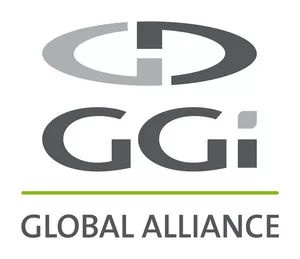- within Tax topic(s)
- within Tax, International Law, Litigation and Mediation & Arbitration topic(s)
Following a government consultation in spring 2025, the UK is preparing to tighten its transfer pricing documentation rules. These changes are likely to impact a broad range of businesses, particularly those that previously fell under exemptions. In the consultation, which closed on 07 July 2025, the UK government proposed removing the exemption for medium-sized groups.
Changes under new rules
If the proposed changes from the consultation are enacted, transfer pricing documentation obligations in the UK will broaden significantly, especially for medium-sized groups and businesses engaged in cross-border related party transactions.
A major addition to the UK's reporting landscape is the International Controlled Transactions Schedule (ICTS). Under the proposals, certain UK entities will be required to file detailed information on their cross-border, intra-group transactions via this schedule. Small enterprises, UK entities with no transactions with non-qualifying territories, and UK entities with less than GBP 1 million aggregate, cross-border-related party transactions shall be exempt from ICTS filing.
ICTS requirements
ICTS reports will be filed annually by entities along with their existing tax return compliance requirements. In scope, businesses shall prepare increasingly detailed disclosures for their cross-border dealings, outlining the basis for pricing each transaction and the amount of income, expenditure, and assets involved. While some aggregation is permitted, this is limited to transactions that share identical features; transactions involving different methods or parties must be listed separately.
Financing transactions and other dealings will be reportable where either the balance exceeds GBP 5 million or their impact on profit exceeds GBP 100,000. For smaller groups, the threshold rises to GBP 50 million, and for larger groups, to GBP 1 million. Additionally, groups must disclose their top five international related-party financing arrangements or loan relationships, regardless of whether they meet the aggregation criteria.
Implications of ICTS
The ICTS framework represents a significant administrative burden, requiring far more granular and structured data than what most UK groups were previously required to report. The disclosures will include dealings between UK permanent establishments (PEs) and the rest of the global group, going well beyond the standards of many other jurisdictions.
Importantly, His Majesty's Revenue and Customs (HMRC) intends to use the ICTS for automated risk assessment, enabling the agency to apply data analytics to detect outliers based on industry benchmarks and peer comparisons. This may trigger an increase in targeted transfer pricing investigations.
Businesses which previously benefitted from exemptions must be prepared for a more structured compliance environment. Transitioning to a model of continuous documentation maintenance, rather than periodic updates, can ensure alignment with commercial reality, and reduce risk.
The content of this article is intended to provide a general guide to the subject matter. Specialist advice should be sought about your specific circumstances.


